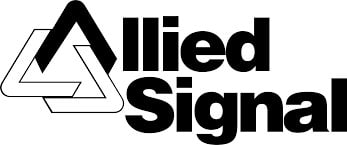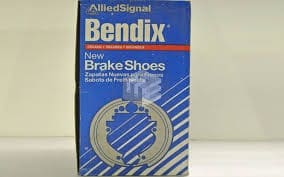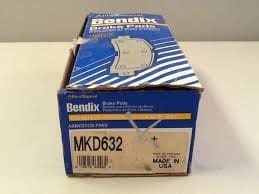Contact us for a free consultation
We hope that you will never be diagnosed with mesothelioma, lung cancer, or suffer a catastrophic injury, but if you are, contact us at Lipsitz, Ponterio & Comerford so we can begin the fight.
Call Today: 866-238-1452 or fill out the online form.


